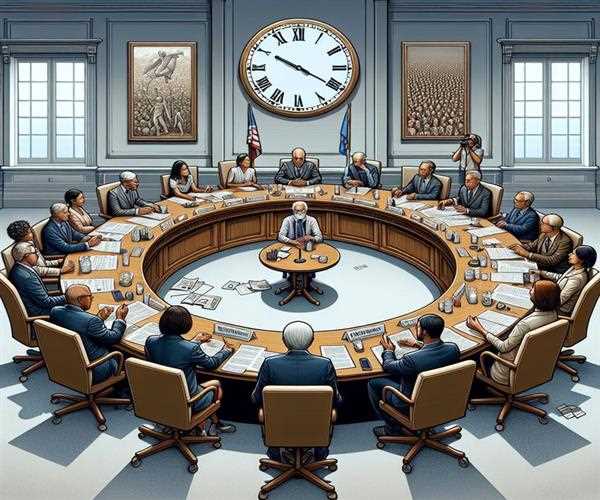Political unrest problem is huge and can affect many societies across levels. Such turmoil disrupts governance; it destroys rule by descent and reduces economic growth and fragmentation of society. Protests, strikes and conflicts strain public resources and put pressure on the state’s capacity to keep law and order. Prolonged unrest wears down trust in political institutions to the point that instability becomes an endless cycle from which it becomes hard to break its cycle.
Immediate, and severe, effects of political unrest include economic consequences. Disrupted operations, lowered investor confidence, tourism declines, job losses, economic decline all due to businesses. At the same time, there is inflation and scarcity of essential goods such that attacks against essential goods and services increase public discontent. It also deprives the country of international trade and foreign investment, isolating the country from global economic opportunities.
Unrest is often destructive in the fabric of a nation. As the communities within them divide, communities get polarized across political, ethnic and ideological lines. Over heightened tensions, sometimes coming to violence, can occur when there is no security and trust between groups. And also educational institutions and healthcare systems are being disrupted, and this is disturbing the well being of future generations.

Political unrest can come with ripples — essentially around the world. And neighboring countries might well see a surge in refugees, putting pressure on their resources and their infrastructure. Alliances are being tested, global powers intervene (which often complicates already overwrought situations) and the geopolitical balance may change. They can have wider regional instability.
To achieve that, it must be done by a transparent governance, inclusive dialogue, and socioeconomic reforms. Listening to citizens, reducing inequality and promoting trust must become governments’ priorities. Without appropriate action, the results of political unrest will remain embedded and impede on development and progress for many years.
Conclusion
In conclusion, The bottom line is that political unrest’s consequences are much bigger than the breaking of curtains and ballasts. It affects governance, economies and social harmony. This erodes public trust in institutions, straightens resources and creates lasting scars in societies. It has a global effect on regional stability and international relations and makes recovery efforts that much more difficult. To address these challenges proactive measures are required i.e. to engender dialogue, to ensure equitable governance and to prioritize socio-economic development. Without decisive blow, unrest will continue to pull down progress, stability, and the welfare of states affected.